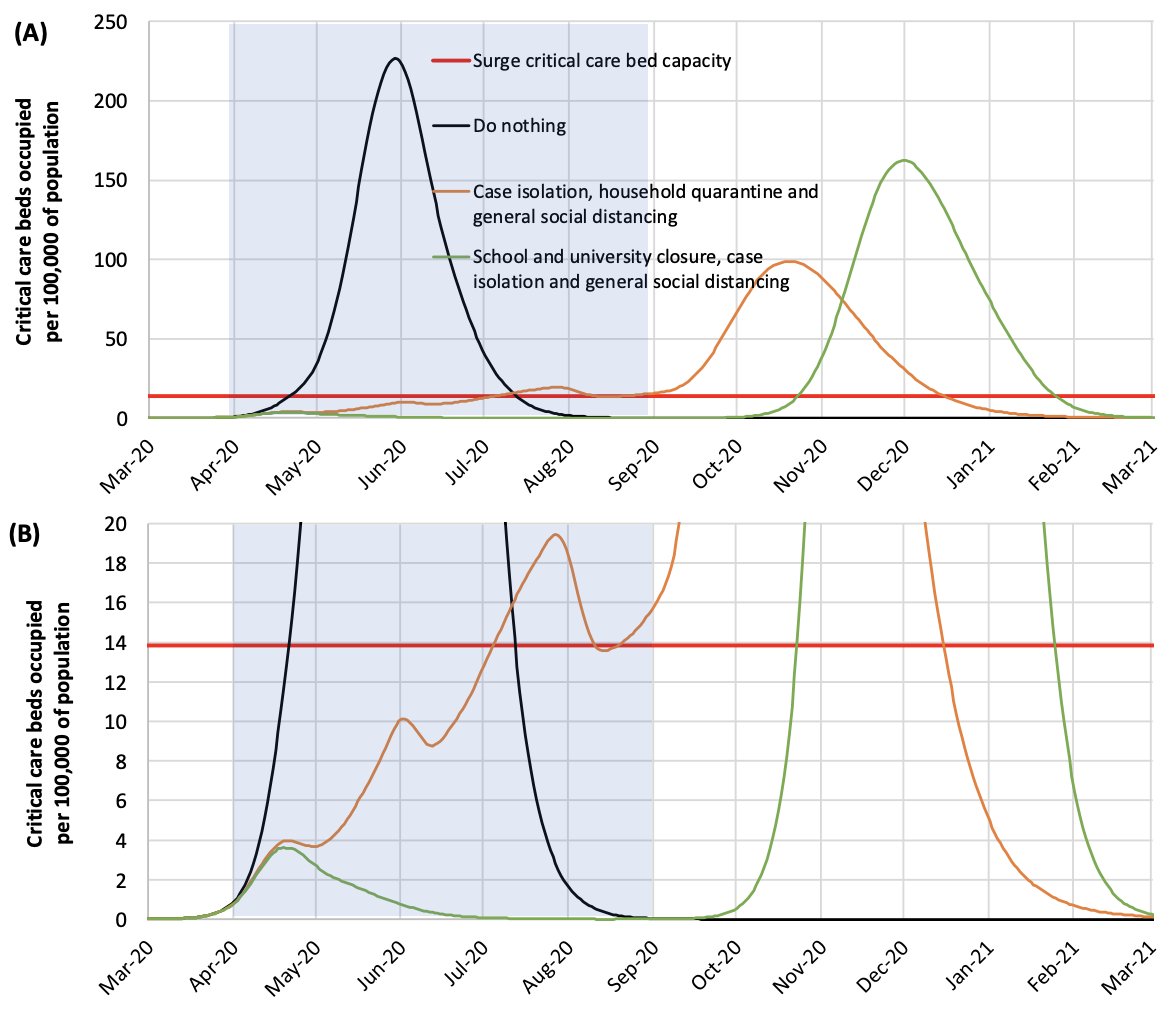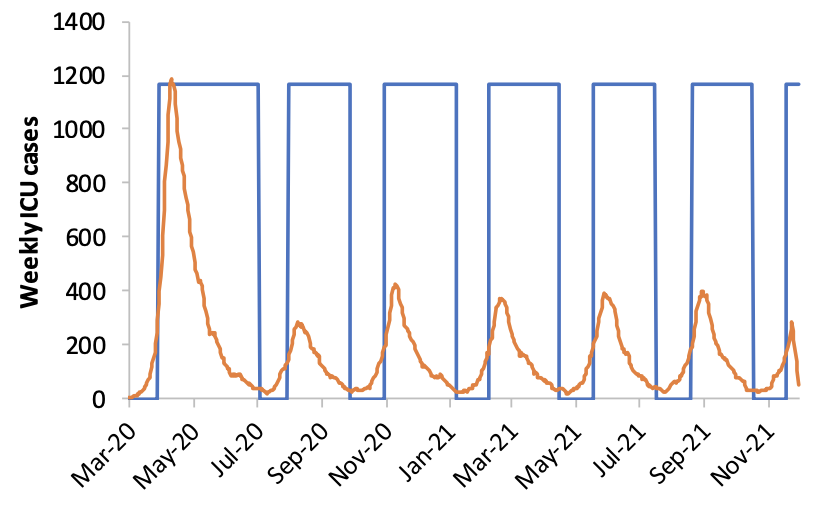
The benefits of new technologies accrue not only to high-skilled labor but also to owners of capital in the form of higher capital incomes. This increases income and wealth inequality.
New version of our work with @LukaszRachel and @pascualrpo and summary thread 👇
New version of our work with @LukaszRachel and @pascualrpo and summary thread 👇
https://twitter.com/LukaszRachel/status/1358916119071965184

Coincidentally this @voxdotcom "Billionaires Explained" show has a pretty good intuitive version of our theory netflix.com/watch/81097618 (from minute 8:00), there explained by @JeffDSachs. 



It's also worth adding that standard theories predict exactly the opposite, namely that (in the long-run) all benefits of automation accrue to labor in the form higher wages.
See for example aeaweb.org/articles?id=10… and the 2019 ERP govinfo.gov/content/pkg/ER…


See for example aeaweb.org/articles?id=10… and the 2019 ERP govinfo.gov/content/pkg/ER…



• • •
Missing some Tweet in this thread? You can try to
force a refresh









